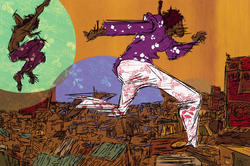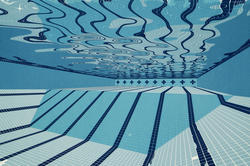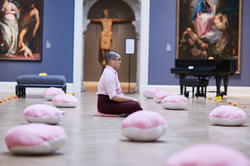Multidisciplinary artist Jazzmen Lee-Johnson works to transcend the legacies of enslaved peoples and gender inequality.
RISD Museum Effecting Change
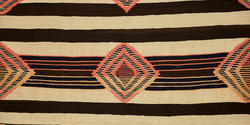
As part of RISD’s renewed commitment to addressing deeply embedded racist practices in its structures and pedagogy, RISD Museum Director John W. Smith pledged that he and his team would work to dismantle systems of oppression tainting the museum’s curatorial practices. “The RISD Museum, like many museums, plays a role in the unjust and systemic racism and oppression we continue to see in our country in acts of violence and a disregard for human life,” he wrote in a June 5 letter to the community. “We have a moral and mission-driven obligation to help repair that system.”
Now the museum is making strides in that work, committing 75 percent of its annual acquisition budget to the purchase and accession of works by underrepresented artists and RISD alumni, announcing the Americas Research Initiative (ARI)—a partnered program supporting the multiyear study of Mesoamerican, Native American and First Nations art and design—and successfully deaccessioning the Head of a King (Oba) from the museum’s collection in order to return it to its rightful owner.
The museum is committing 75 percent of its annual acquisition budget to the purchase and accession of works by underrepresented artists and RISD alumni.
Museum curators are convinced the bronze head was stolen by British soldiers during the 1897 massacre of the Benin Kingdom in present-day Nigeria. British forces looted the Royal Palace in Benin City, taking thousands of objects of cultural and historical significance. Many of these objects eventually made their way into museum collections in Europe and the US. For decades Benin City has been asking museums and collectors around the world for the return of their cultural heritage.
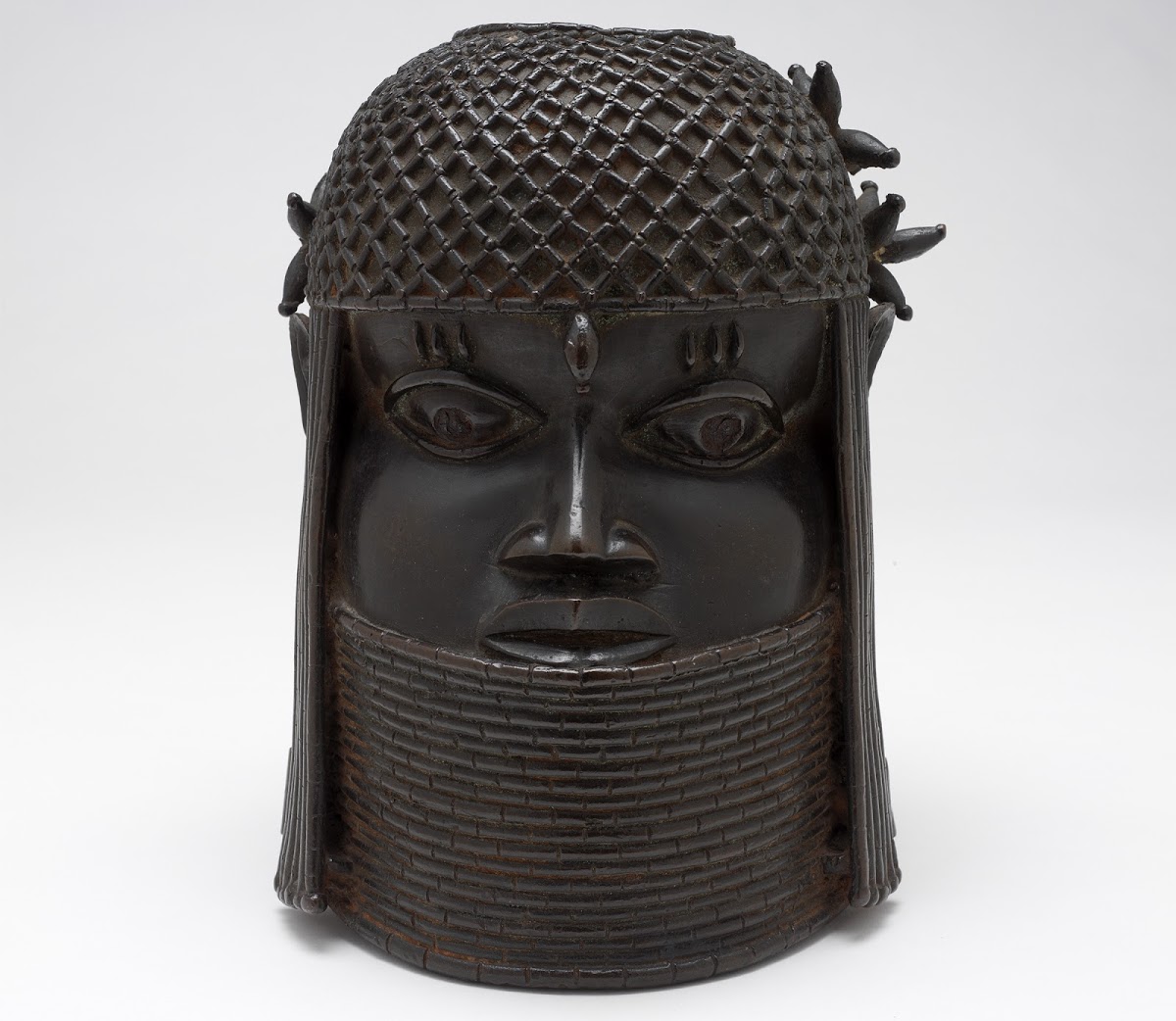
Lucy Truman Aldrich donated the Head of a King (Oba) to the RISD Museum in 1939. Provenance research indicates that the object was purchased from the Knoedler Gallery in New York in 1935. A sticker reading “Imported from France” and a French customs stamp (“Douane France”) on the interior of the head suggest that it was held in a collection in France prior to the sale. Between the time it left the Benin Kingdom and then, its ownership history remains unknown. As an important element of the ancestral altar during the installation ceremonies of the incoming oba, this honorific head would not have been available for legitimate sale.
The deaccession of the revered bronze is the first step in the still-to-be-determined process of returning it to its rightful owner. To that end, the RISD Museum made this decision in preparation for restitution, which museum staff anticipate moving forward once the appropriate process is established. While they are working diligently on that process, the Head of a King (Oba) will be housed and cared for in the RISD Museum and on view in the galleries with updated labels disclosing its provenance.
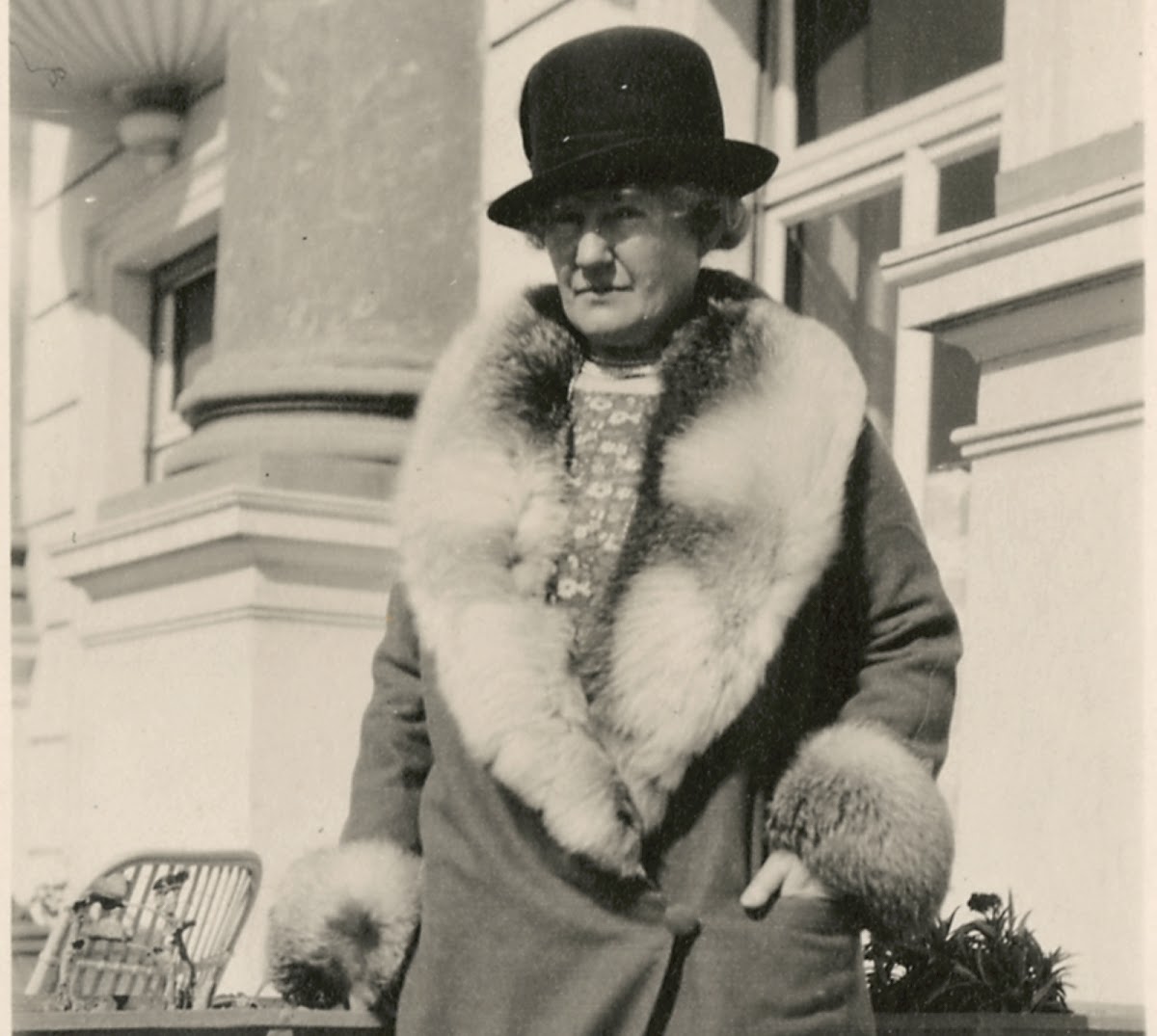
The museum will also continue to uncover Native North American objects in its collection and amplify their meaning via new conservation work, photography, display and educational programs. With a generous grant from the Luce Foundation, the museum has created a three-year, full-time fellowship for an emerging museum professional that will focus exclusively on these objects and include provenance research, cataloging, building a network of experts and tribal representatives and creating interpretation and programming based on this work—as well as potential teaching, publishing and exhibiting opportunities. The fellow will work closely with RISD Museum curatorial, registration and education staff to make deaccessioning and reparation recommendations based on research and communication with experts in Native histories and visual cultures.
The museum has created a three-year, full-time fellowship... that will focus exclusively on Native North American objects in its collection.
The ARI takes an important first step in addressing the need to build partnerships with Indigenous communities and other experts in relevant Native histories and visual cultures at RISD, Brown University and elsewhere to contribute to area-specific research in the RISD Museum collections. These partnerships will not only benefit the museum, but will create new opportunities for emerging professionals from historically underrepresented groups.
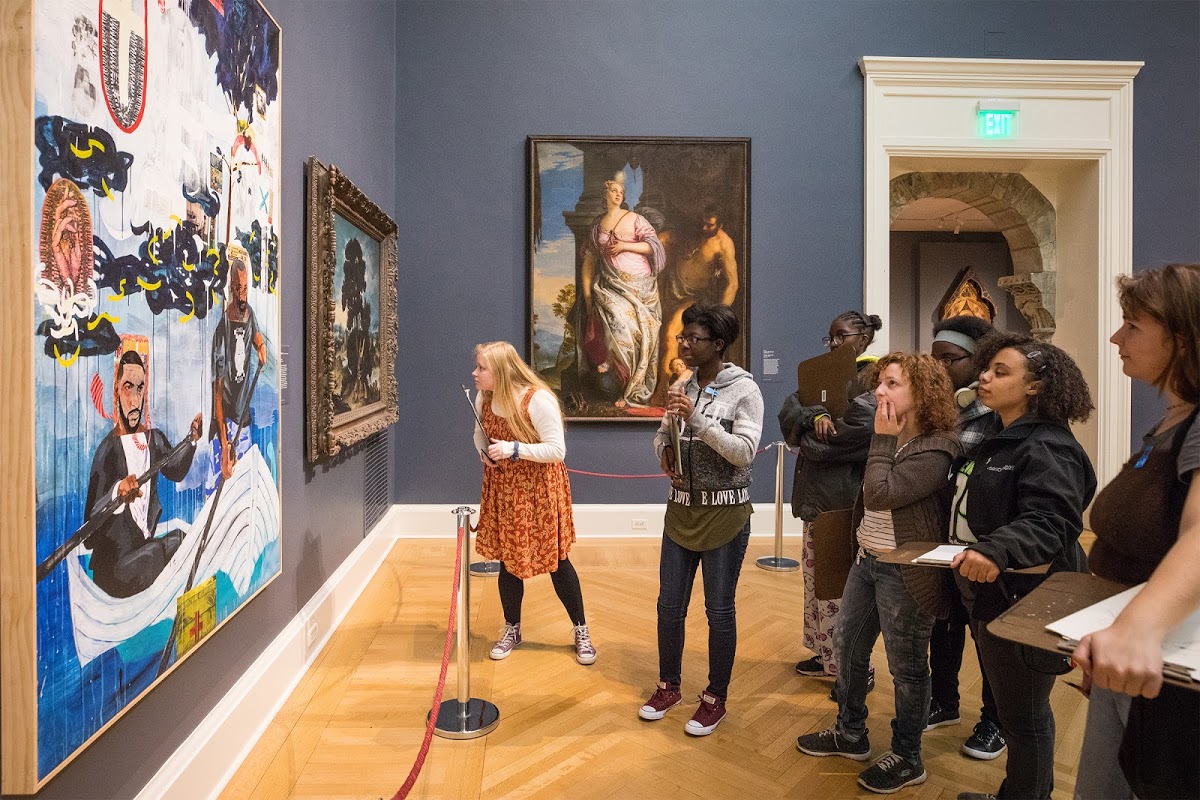
This fellowship will generate new knowledge about the museum’s collection of Native North American objects, providing learning opportunities for students, artists, community stakeholders and the public at large. It will allow the museum to thoughtfully display and highlight objects from this collection in its galleries; create public programming around these objects to discuss their origins, materials and usage; and generate information that will be disseminated via the museum’s award-winning journal, Manual; articles on its website; and the collections database.
Altogether, the fellowship and the work that emerges from it will serve to elevate what has until this point been an under-studied and largely hidden facet of the museum’s collection, allowing the institution to effectively highlight narratives and histories of Native American peoples in their own words and experience.
October 21, 2020
